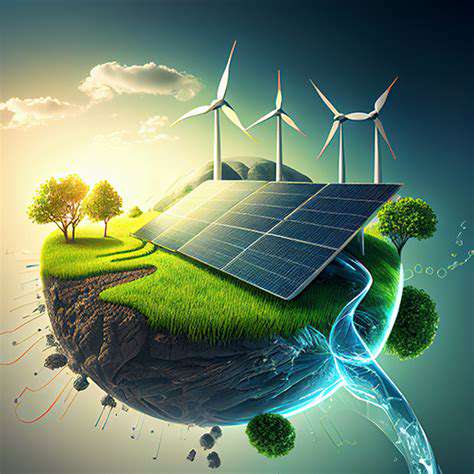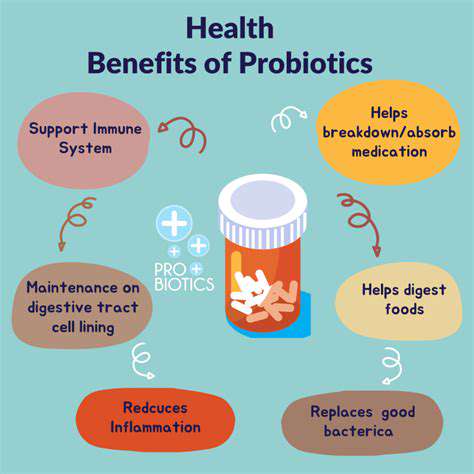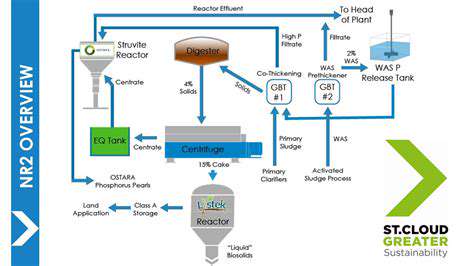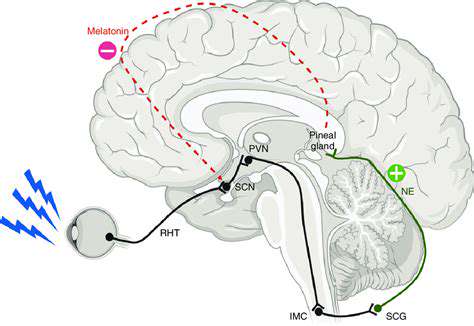Best Herbal Supplements for Energy

Understanding the Fundamentals of Power
Power, a fundamental concept in physics and engineering, refers to the rate at which work is done or energy is transferred. It's a crucial element in understanding how systems operate and how efficiently they perform their tasks. A deeper understanding of power allows us to optimize processes and design more effective solutions.
Power is often measured in watts (W), representing one joule of energy per second. This unit signifies the rate at which energy is consumed or generated.
Different Forms of Power
Power manifests in various forms, each with unique characteristics and applications. Mechanical power, for example, deals with the rate at which force is applied to move an object. Electrical power, on the other hand, describes the rate at which electrical energy is transferred. These different forms of power are crucial in diverse fields, from simple household appliances to intricate industrial machinery.
Renewable energy sources like solar and wind power are gaining increasing importance in our quest for sustainable energy solutions. Understanding the mechanics of converting these renewable sources into usable energy is essential for a greener future.
Thermal power generation, leveraging heat sources, also contributes significantly to global energy needs. This process necessitates a thorough understanding of thermodynamics and energy conversion efficiency.
Applications of Power in Modern Technology
Power plays a crucial role in almost every aspect of modern technology. From the intricate circuits powering smartphones to the massive generators supplying electricity to entire cities, the efficient and reliable generation and transmission of power is paramount. The design and operation of these systems demand a deep understanding of power principles.
The development of more efficient power storage technologies, such as batteries, is crucial for the advancement of portable electronics and electric vehicles. This necessitates innovation in materials science and engineering to meet the growing demands of modern society.
Furthermore, the advancements in power electronics are revolutionizing various industries. These advancements contribute to more efficient and reliable power systems, particularly in areas like renewable energy integration and smart grids.
The Future of Power
The future of power generation and utilization hinges on innovation and sustainability. Developing more efficient and environmentally friendly power sources is a critical challenge for the coming decades. This includes exploring emerging technologies like nuclear fusion and harnessing the power of the sun and wind more effectively.
The integration of renewable energy sources into the existing power grid presents both opportunities and challenges. Addressing these challenges and maximizing the potential of renewable energy sources will be critical for a sustainable future.

Elevating Energy with Guarana

Guarana's Botanical Prowess
Guarana, a tropical plant native to the Amazon rainforest, boasts a remarkable history of use in traditional South American medicine. Its potent energy-boosting properties have been recognized for centuries, drawing the attention of researchers and consumers alike. The plant's unique chemical composition, particularly the high concentration of caffeine and other stimulating compounds, makes it a compelling ingredient in numerous products.
Guarana's distinctive attributes stem from its unique botanical makeup. This natural power-house is not just caffeine; it also contains a complex array of antioxidants and other beneficial compounds that contribute to its overall effectiveness and potentially offer additional health benefits beyond just energy enhancement.
Caffeine and Beyond
The primary active ingredient in guarana is caffeine, a well-known stimulant that promotes alertness and focus. However, guarana also contains other compounds that contribute to its unique effects, such as theobromine and theophylline, which can contribute to a more sustained energy release and a smoother, less jittery stimulation compared to caffeine alone.
Energy Enhancement and Performance
Guarana extracts and supplements are frequently used to enhance physical and mental performance. Athletes often utilize guarana to improve endurance and focus during training and competition. In addition to boosting energy, guarana can potentially improve cognitive function. This combined effect can contribute to a heightened sense of alertness and improved concentration.
The potential to enhance energy levels and performance has led to its widespread use in various energy drinks and supplements. This boost can be especially beneficial for those experiencing fatigue or seeking a way to improve their daily productivity.
Safety and Considerations
While guarana is generally considered safe, excessive consumption can lead to adverse effects, such as anxiety, insomnia, and digestive issues. Individuals with pre-existing health conditions or those taking medications should consult with a healthcare professional before using guarana supplements. Like any supplement, it's crucial to understand the potential risks and benefits before incorporating it into your routine.
The Science Behind the Stimulant
Scientific research has explored the mechanisms by which guarana influences energy levels and cognitive function. Studies suggest that guarana's unique combination of stimulants and other compounds may contribute to a more sustained energy release and a better overall experience compared to caffeine alone. Further research is always warranted to fully understand the complex interaction of these compounds.
Read more about Best Herbal Supplements for Energy
Hot Recommendations
-
*Guide to Managing Gout Through Diet
-
*Best Habits for Financial Well being
-
*How to Build a Routine for Better Mental Health
-
*How to Eat Healthy on a Budget [Tips & Meal Ideas]
-
*Guide to Practicing Self Acceptance
-
*How to Incorporate More Movement Into Your Day
-
*Guide to Managing Chronic Pain Naturally
-
*Guide to Building a Reading Habit for Well being
-
*Top 5 Weight Loss Supplements That Actually Work
-
*Best Exercises for Postpartum Recovery [Beyond Abdominal Work]



![Best Snacks for Diabetics [Approved List]](/static/images/26/2025-05/HealthyFatsandComplexCarbohydrates.jpg)



![How to Train for a 5K Run [Plan Included]](/static/images/26/2025-07/NutritionandRecoveryStrategiesforOptimalPerformance.jpg)



